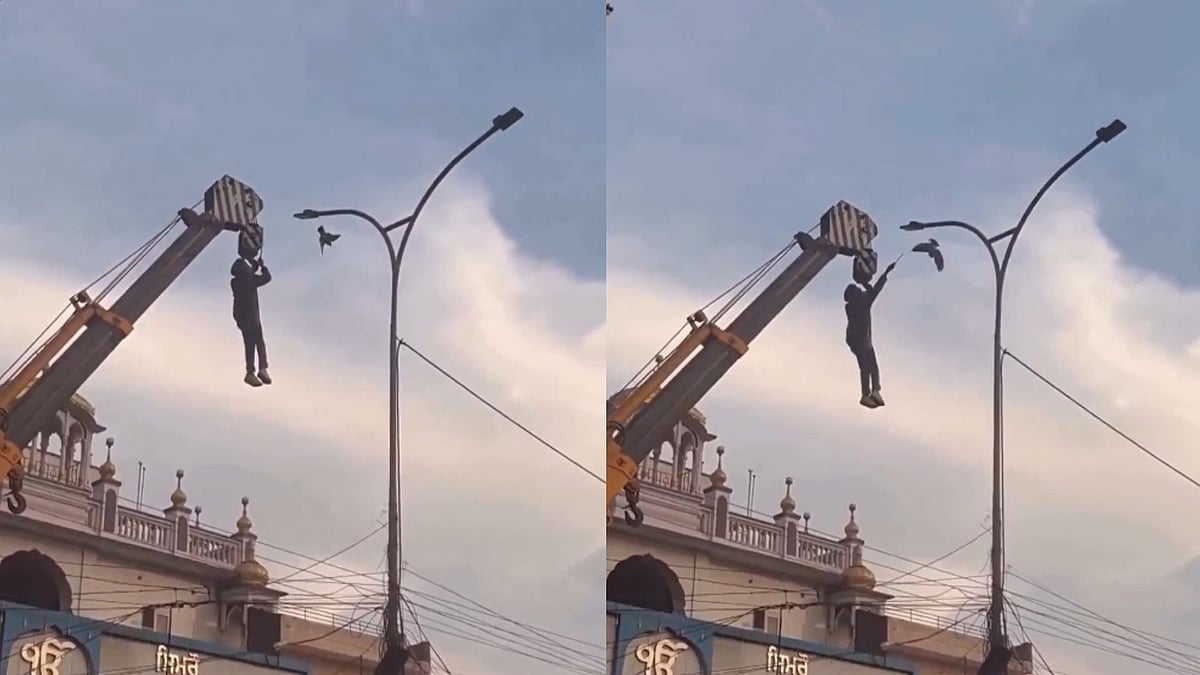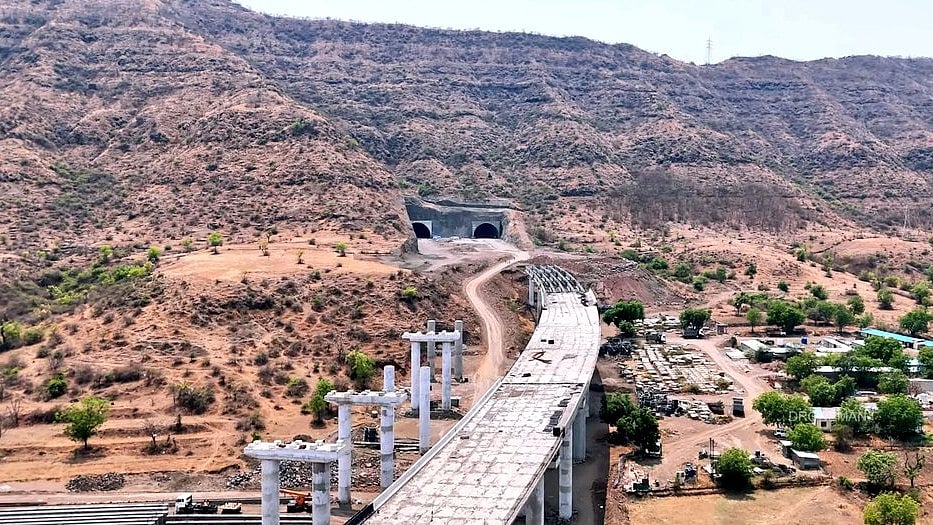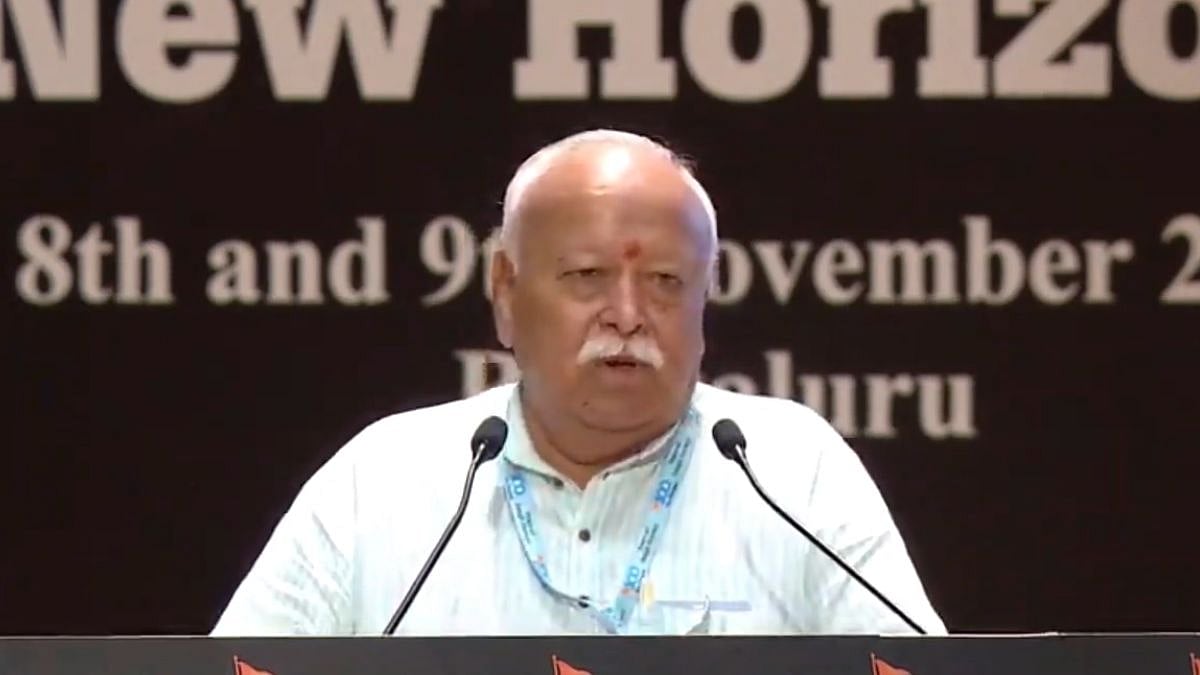Earlier this month, the Supreme Court (SC), while hearing a batch of petitions challenging the “bulldozer actions” in various states, expressed strong disapproval of what has come to be known as “bulldozer justice”. In a welcome step towards addressing the growing worry over authorities in many states — Uttar Pradesh, Madhya Pradesh, Rajasthan, Delhi, Assam, Gujarat, and Haryana — demolishing the houses and properties of individuals accused of one or the other crime as a form of punishment, albeit in the guise of acting against “illegal encroachment”, a division bench of the SC announced its intention to establish nationwide guidelines to regulate this practice.
While expressing its concern, the bench emphasised that though unauthorised constructions should not be protected, some guidelines are necessary to ensure that demolitions are carried out in accordance with the law. In raising questions about the legality of demolition of homes belonging to alleged offenders, the SC has raised and articulated a valid worry about the use of the bulldozer as a form of retribution. This was long overdue and the court’s move could have come earlier, given that targeted demolition of houses of people belonging to a particular community has become entrenched policy practiced by many BJP-led state governments. In recent years, communal clashes or violence in MP, UP and Gujarat have all resulted in rushed demolitions of houses of the accused persons; the majority of the houses belonged to Muslims.

Not that courts have not taken note of individual demolition in the past; like for instance, the Punjab and Haryana High Court which described as “ethnic cleansing” a demolition drive carried out in Haryana’s Nuh last year after the communal violence there. But that did not deter some of the BJP-led state governments that have made demolishing Muslim houses as part of their governance model, though the law does not permit anyone’s home to be demolished just because someone is accused in a case. The courts know that because of its indiscriminate use as “instant justice”, the bulldozer has acquired communal and political symbolism as an instrument of retributive governance and collective punishment inflicted on those the authorities call “rioters”.
Destruction of homes of persons accused of offences has been sought to be made normal punishment and been justified and accepted as right and legitimate by many people, including a section of society that appreciates and glorifies it. There are several instances of the homes of suspects being demolished, without due process of law and without recognising the fact that the rest of the family may have nothing to do with the offence. This misuse of power has made many families homeless; their rights have been violated in irreversible ways and their lives have been impacted severely. In fact, in the past few years, “bulldozer justice” has become a new model of “justice” that some state governments have gloated over as a political template of no-nonsense governance.
The use of bulldozer as a form of punishment was started in Uttar Pradesh about five years ago by chief minister Yogi Adityanath, who deployed it as a shock-and-awe weapon wielded by a hard government as a deterrent. It was disproportionately targeted, according to media reports, at the minority community. Since then, it has been merrily followed by other state governments. As no law allows instant justice which the bulldozer culture promotes, bulldozer in the Modi decade has come to be seen as a symbol of “quick justice”. From demolitions following communal riots, to forced evictions over allegations of encroachment, “bulldozer justice” has defined justice delivery in the Modi years.
Call it state lawlessness or a prejudiced action, discrimination is at the heart of the demolition culture, as the provision for demolition of illegal properties in law is incorrectly used to punish people of one section or community. Clearly, the bulldozer action is driven by religious hatred and divisive politics and hence becomes hate action and a punishment for a person’s identity. What is unfortunate, though, is that the desire for instant and visible punishment has gained social acceptance. For instance, “police encounters” have often enjoyed people’s support though it is generally believed that they are “staged”. What has contributed to the euphoria generated by “bulldozer justice” is the anti-Muslim rhetoric of the ruling party politicians, a common occurrence in the last 10 years.
With the SC now proposing guidelines against such demolitions, questions remain about whether such guidelines will be followed at all. Justice Madan B Lokur, a former judge in the SC, is according to media reports of the view that the offending officers who do not follow the rule of law should have been made accountable long, long ago. “Government officers have managed to get away with bulldozer justice, but even now the situation can be remedied if they are made personally accountable,” he says. Bulldozer has no place under the Constitution, still bulldozing of houses without following due process has been happening with monotonous regularity; in many cases for offences that are not related to illegal construction.
According to Anita Agnihotri, who has served as secretary in both Union ministry of social justice and empowerment and the Union ministry of housing and urban poverty alleviation, while guidelines are already in place for demolishing illegally constructed property or which may be an encroachment under law, illegal construction by anyone must be separated from any legal action against the same person for any other offence. But connecting these two things which have been happening is a violation of the rule of law. Justice Lokur says the problem is that government officers do not follow the existing law. He suggests only two guidelines: “One, follow the law or face consequences; and two, nobody can act with impunity, not even senior government officers.”
According to Agnihotri, the fact that we are looking at the judiciary for restoration of constitutionality itself is concerning for our democracy. So, why there is such a blatant violation of rule of law in state after state? This may be because, according to Agnihotri, there is a lot of joy in the ruling party government in a state playing to the gallery, or may be because it visually caters to the emotions of people, though it is a no-brainer to understand that this is a violation of the rule of law. This raises a question: Do state governments need to be told by the SC that demolition without due notice is patently wrong, and do they need guidelines to tell them that what is wrong is wrong?
The writer is a senior independent Mumbai-based journalist. He tweets at @ali_chougule











